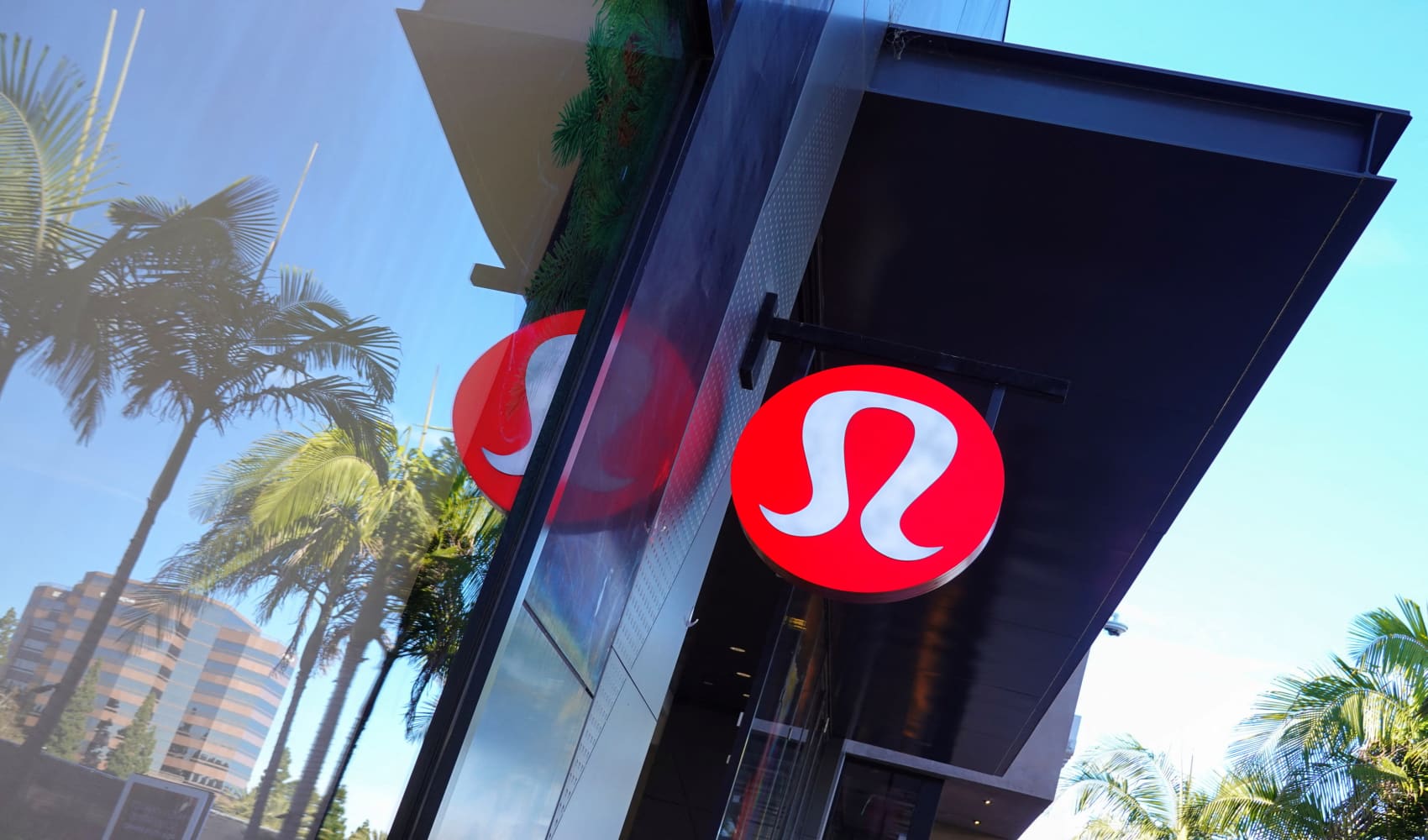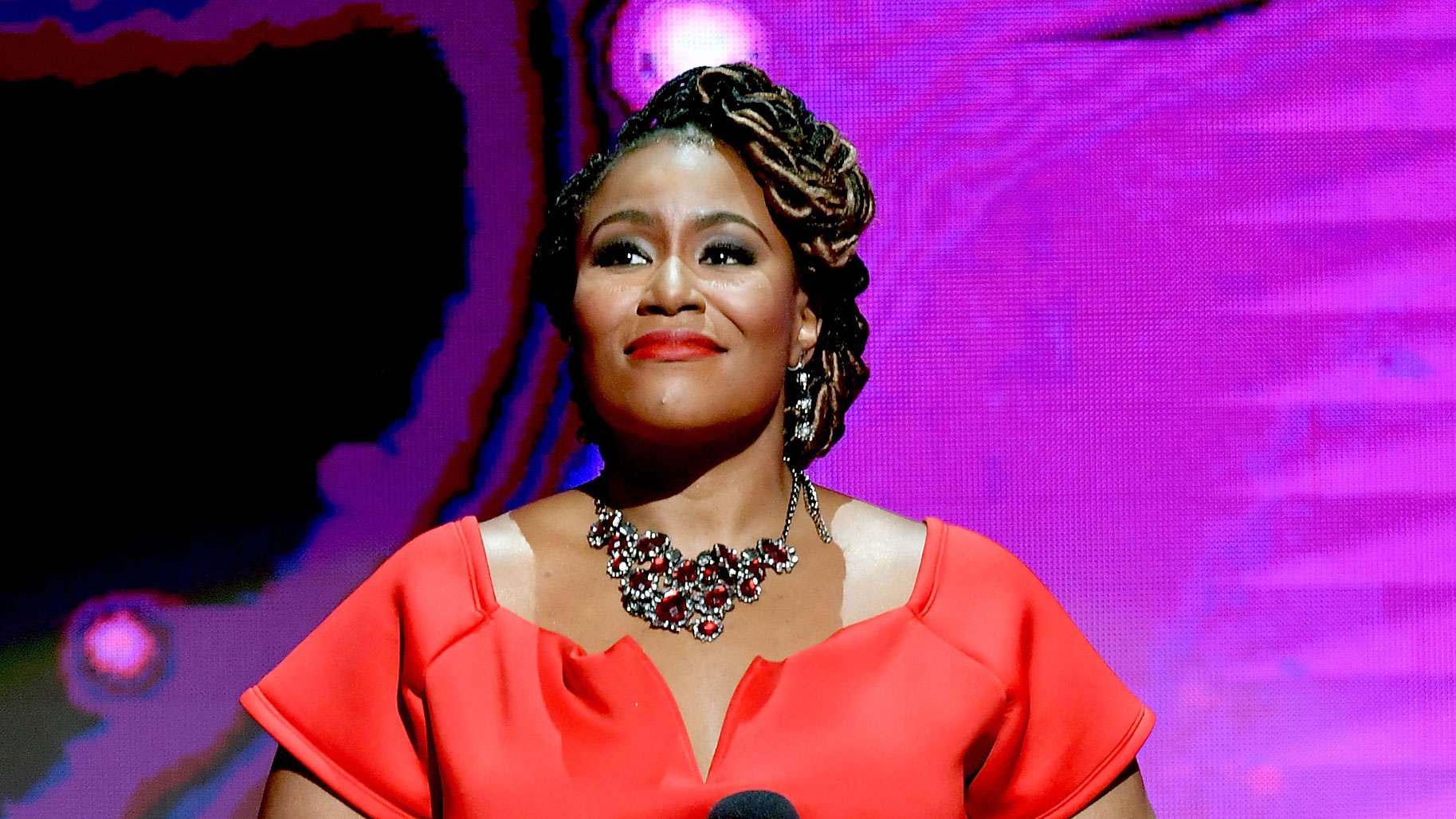Tomase: Verdugo incident latest example of unacceptable fan behavior originally appeared on NBC Sports Boston
We got the Malice at the Palace all wrong.
The 2004 brawl between the Pistons and Pacers that spilled into the stands was billed as thuggish NBA players losing control and assaulting the paying customers. It did massive damage to the NBA's image that took a decade to unwind, and the players at the center of the melee -- Ron Artest, Stephen Jackson, Ben Wallace, Jermaine O'Neal -- certainly faced significant backlash.
Get New England news, weather forecasts and entertainment stories to your inbox. Sign up for NECN newsletters.
The ascension of Kobe Bryant, LeBron James, and eventually Steph Curry turned the NBA into the powerhouse global entertainment brand it is today, but if we transport ourselves back to the Palace of Auburn Hills on that November night nearly two decades ago, I suspect we'd view the events very differently.
Yes, the melee started on the floor when Artest fouled Wallace unnecessarily in the final seconds, precipitating a shoving match. But what happened next -- the combustible Artest lying on the scorer's table and donning a pair of headphones before a beer sailed out of the stands and nailed him in the chest -- was not about players. It was about fans.
Fans who felt entitled to treat athletes like exhibits in a zoo. Fans who believed they were untouchable. Fans incapable of viewing the players on the court as people.
U.S. & World
Artest sprang to life, unwilling to take an assault (literally) lying down, confronting one fan while being punched by another. Jackson followed him into the stands and laid out a separate beer-thrower. O'Neal dodged a folding chair. The public saw the players as instigators, and the players paid a heavy price. Artest was suspended for the rest of the season. Jackson got 30 games. Nine players were suspended in all, including Hall of Famer Reggie Miller. Players were forced to undergo anger management therapy and perform community service while commissioner David Stern vowed to crack down.
Conspicuously absent -- a forceful denunciation of the fans involved. A handful were charged and at least one went to jail, but they served as mere sidelights. The consensus was straightforward -- NBA players had run amok in one of the darkest chapters in the league's history.
That framing set the stage for what is becoming an increasingly common and ugly sight -- fans who believe that purchasing a ticket allows them the freedom to take actions that would be considered assault anywhere else.
The latest example came on Friday night in the Bronx when Red Sox outfielder Alex Verdugo tossed a ball into the crowd, only to have it sail out of the stands moments later and drill him in the back. Verdugo exploded and had to be restrained by rookie outfielder Jarren Duran, making his big-league debut. Red Sox manager Alex Cora pulled his entire team off the field.
"This is not life and death, it's not this drama that people want," Cora said. "And the fact that people come to the ballpark and decided to throw a baseball at one of the players, it just -- I was in shock that happened."
He shouldn't be, because it's not an isolated incident. Fan aberrance is twisting the in-person viewing experience into something entitled and rotten, and it's only growing more brazen and dangerous.
Last week, a trio of British soccer players missed penalty kicks that could've delivered the European Championship to England over Italy. All three are Black, and they endured racist abuse that started with fans who booed the squad's decision to take a knee before each game in the name of racial justice, and then spread predictably online. A mural of one of the players, Manchester United star Marcus Rashford, was defaced.
Closer to home, a Celtics fan threw a bottle at Nets standout Kyrie Irving during the first round of the playoffs and was arrested. A Knicks fan spit on Hawks guard Trae Young. A Sixers fan was banned for dumping popcorn on Washington's Russell Westbrook while he left the court with an injury.
Recent social justice movements have, among other things, given athletes not just a stronger voice but a more receptive audience to the idea that they're human beings who deserve respect.
That wasn't the takeaway in Detroit 17 years ago, and we're still paying the price for it, but I suspect it would be today.



